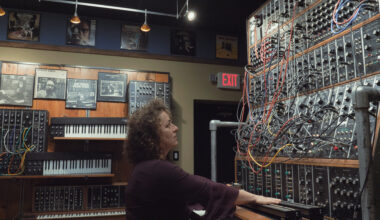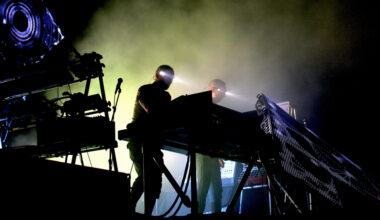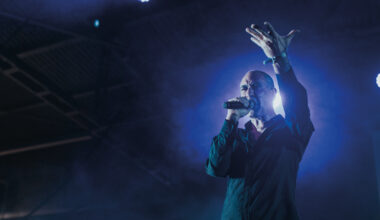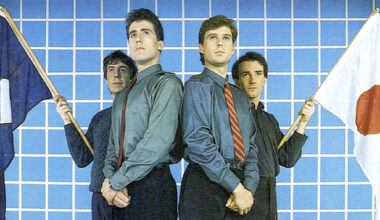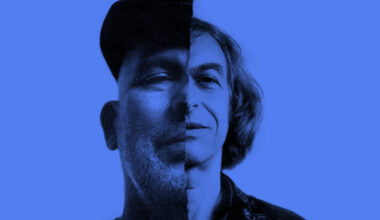Ambient kingpins A Winged Victory For The Sullen talk us through the making of their epic soundtrack for the acclaimed ‘Invisible Cities’ multimedia theatre production
Want to read more?
Sign up to Electronic Sound Premium to gain access to every post, video, special offers, and more. 100%, all you can eat, no commitment, cancel any time.
Already a premium member? Log in here
